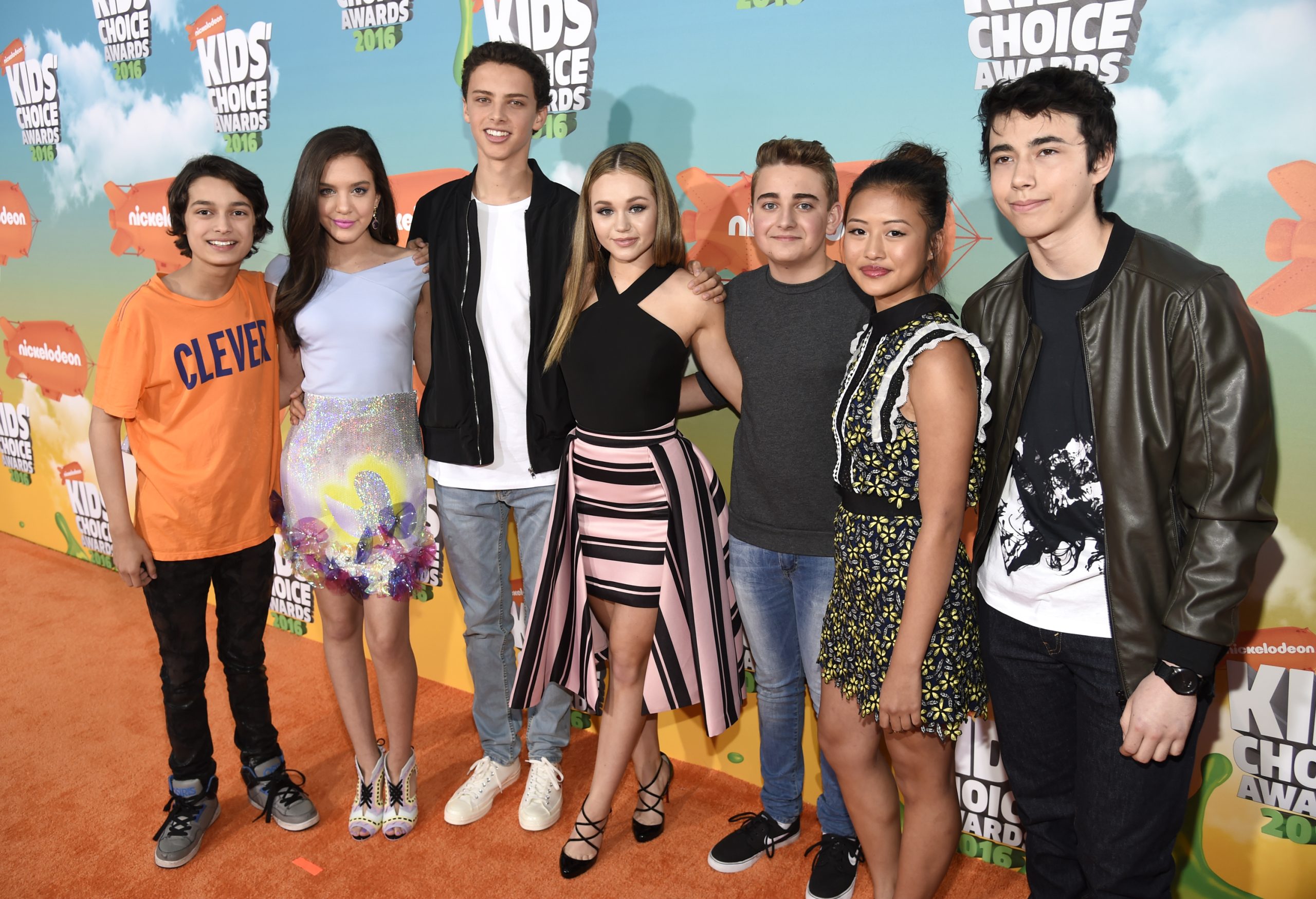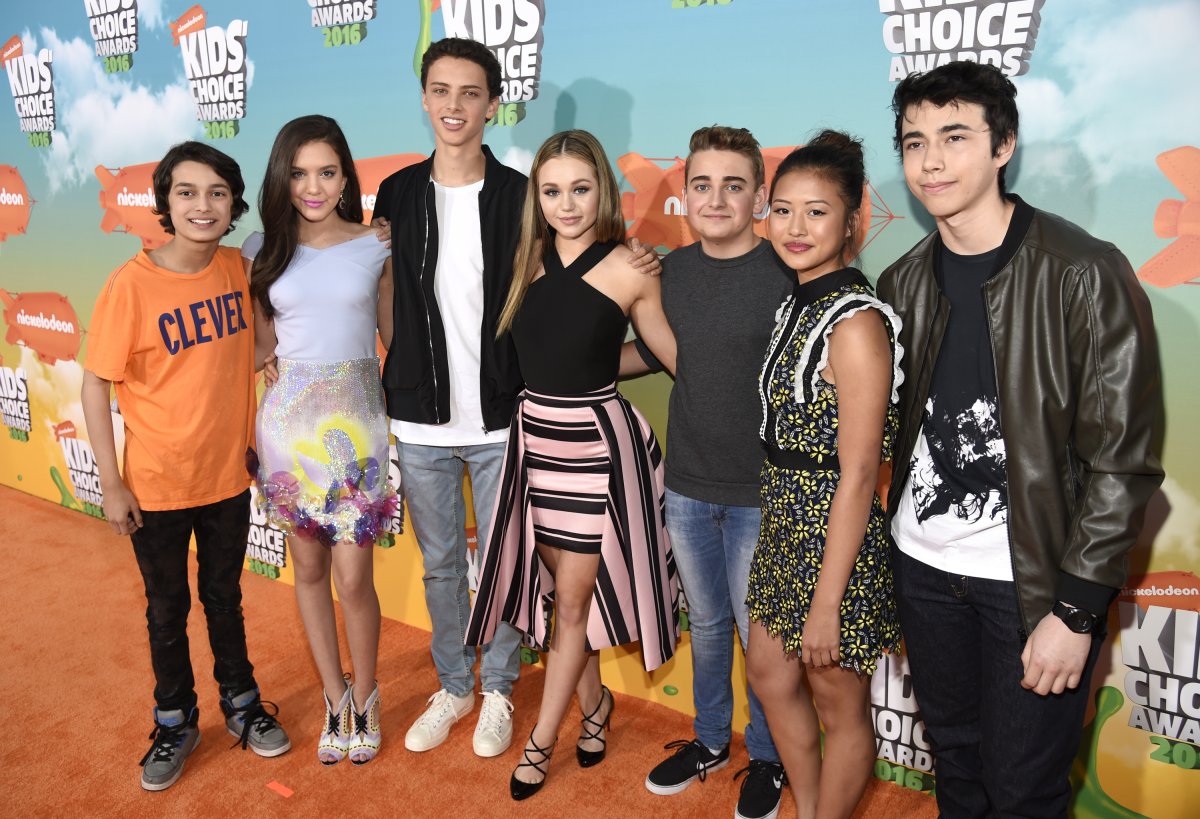
Amazon is facing a new legal challenge following a proposed class action lawsuit over how it markets movies and television shows on its Prime Video platform.
The lawsuit, filed in federal court in Seattle, alleges that the company misleads consumers by describing digital transactions as “purchases” when, in fact, customers receive only a revocable license.
Why It Matters
The lawsuit dives into a broader question over digital ownership and when consumers click “buy” on a streaming platform.
Is the customer truly purchasing permanent rights, or only renting access at the company’s discretion? At stake is whether Amazon and other digital retailers must clearly explain that so-called purchases can disappear, an issue that could reshape how millions of people understand—and pay for—movies, TV shows, games and other digital goods.
What To Know
The complaint, filed August 21 in the Western District of Washington, was brought by California resident Lisa Reingold.
According to the filing, Reingold bought Bella and the Bulldogs — Volume 4 from Amazon in May 2025 for $17.79 after applying a credit. Soon afterward, she says, the program was no longer available in her library.
Newsweek contacted Amazon and attorney Wright Noel for comment by email outside of normal office hours on Thursday.

Chris Pizzello/AP
The central claim is that Amazon’s use of terms such as “buy” or “purchase” gives consumers the impression of permanent ownership. In reality, access to the content depends on Amazon retaining licensing rights from studios and distributors.
“Instead, they receive ‘non-exclusive, non-transferable, non-sublicensable, limited license’ to access the digital audiovisual work, which is maintained at Defendant’s sole discretion,” the complaint says.
Clarifying Digital Ownership Rights
The practice is not unique to Amazon, but the case comes as a number of moves have been made to attempt to clarify digital ownership rights.
Earlier this year, California implemented the Digital Property Rights Transparency Law (AB-2426), which makes it unlawful to market a digital good as a “purchase” unless sellers either obtain clear acknowledgment from buyers that they are receiving a license or provide “a clear and conspicuous statement” explaining the limits of the transaction (Cal. Bus. & Prof. Code §17500.6).
Reingold’s suit argues Amazon fails to meet either condition.
Amazon’s website in its Terms of Use/Help pages acknowledges that purchased digital content may not remain permanently accessible.
According to the filing, Amazon does not require customers to affirmatively acknowledge they are receiving a license, nor does it present conspicuous disclosures. Instead, the only notice appears “buried at the very bottom” of the confirmation screen in smaller font: “BY BUYING OR RENTING, YOU RECEIVE A LICENSE TO THE VIDEO AND YOU AGREE TO OUR TERMS AT PRIMEVIDEO.COM/TERMS.”
The lawsuit claims violations of California’s Unfair Competition Law (§17200), False Advertising Law (§17500), and Consumer Legal Remedies Act (§1750).
It seeks restitution, disgorgement of profits, damages, and an injunction requiring Amazon to revise its practices.
The company has not yet responded publicly to this complaint.

Phelan M. Ebenhack/AP
Similar Disputes
Similar disputes have previously arisen.
In 2020, a consumer filed a class action in California alleging that Amazon’s use of “buy” for digital goods was deceptive. That case was dismissed because the plaintiff had not lost access to her purchases. In later litigation in Washington, a federal judge allowed certain claims to proceed, finding that a reasonable consumer could be misled by the terminology.
The difference in 2025 is that California’s new statute sets a clearer benchmark. The legislative history cited in the complaint points to concerns raised after Ubisoft shut down servers for the video game The Crew, cutting off access for players who had paid for the title. Lawmakers concluded that “consumers clearly know and understand the nature of their transactions … including the reality that they may not have genuine ownership of their purchase.”
Reingold’s complaint describes Amazon’s interface in detail, including screenshots showing the “Buy movie” button and the placement of the disclaimer. It argues the notice is not “clear and conspicuous,” as defined by the statute, which requires larger or contrasting text or other markers that call attention to the disclosure.
The proposed class includes all California residents who purchased digital audiovisual works through Amazon.
Attorneys representing the plaintiff include Carson Noel PLLC of Washington and Bursor & Fisher, a firm experienced in consumer class actions.
For Amazon, the case highlights a broader industry challenge: how to market digital goods in a way that matches consumer expectations. While many users understand that streaming rights are time-limited, others view the term “buy” as equivalent to owning a physical DVD or book.
What People Are Saying
Amazon Prime Video terms explain that digital titles: “will generally remain available to you but may become unavailable … for reasons such as potential content provider rights restrictions.”
Wright Noel, counsel for the plaintiff in the complaint said: “Amazon does not meet the standards set by the statute for a clear and conspicuous notice that the thing they are purchasing is a revocable license to access the digital good. The warning is buried at the very bottom of the screen, in font that is considerably smaller than the other text on the screen.”
What Happens Next
Amazon will be required to respond in court, either by filing a motion to dismiss or by answering the allegations. If the case survives, it will move into class certification, discovery, and potentially settlement talks or trial. Because the claims rest on a new California statute, the outcome could set an important precedent for how streaming and digital platforms label and market purchases to consumers.




